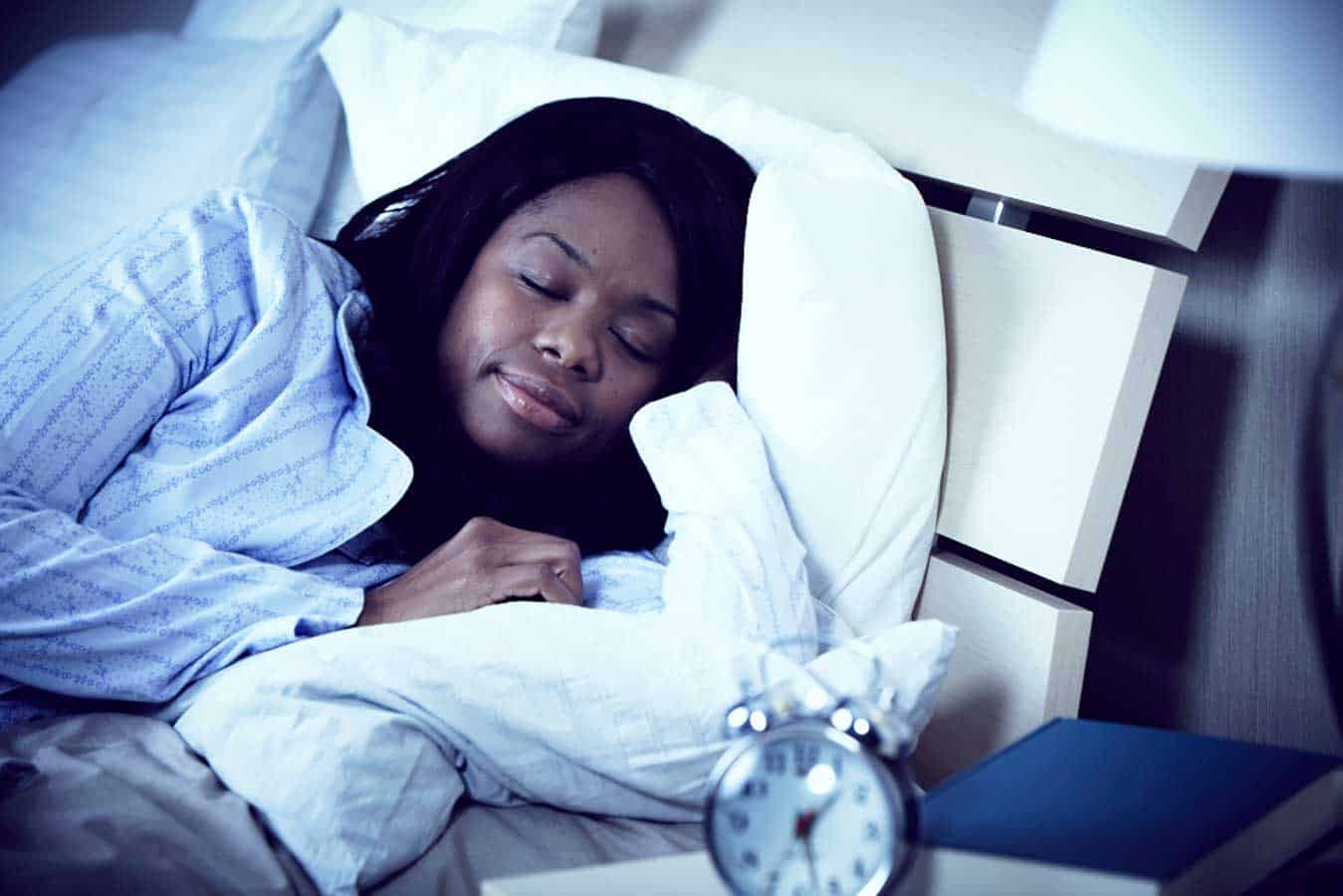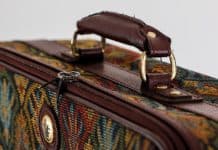 Meeting schedules can be detrimental to attendees’ sleep patterns and health, especially when combating jet lag.
Meeting schedules can be detrimental to attendees’ sleep patterns and health, especially when combating jet lag.
Obesity, diabetes, high blood pressure and depression have all been linked to chronic insufficient sleep. Statistics from the CDC also show that 35 percent of US adults fail to sleep at least seven hours per night, the amount recommended by the American Academy of Sleep Medicine (AASM). Since 1985 the percentage of adults sleeping six hours or less has increased by 31 percent.
“The temptation for meeting planners and program committees is to cram as much into the schedule as possible,” said Thomas M. Heffron, senior director of communications and advocacy for AASM. “Therefore, it’s important to take a step back and consider whether your sessions are starting too early in the morning or running too late in the evening.”
The National Sleep Foundation is highlighting the need for sleep by celebrating its annual Sleep Awareness Week. This year’s theme, “Begin with Sleep,” highlights the importance of good sleep for health and professional goals. Likewise, the World Sleep Society has designated March 15 as World Sleep Day and some outlets are recognizing March as National Sleep Awareness Month.
Tips from the AASM and The National Sleep Foundation for better sleep while on the road include:
- Bring your own pillow if you have a particular preference.
- Bring a sleep mask to help block out light in your room. A sleep mask could be a sponsored gift in each attendee’s conference bag.
- Try to follow your normal schedule of meal times, bedtime and wake time as much as possible.
- Adjust sleep schedules three to five days before departure.
- Apps such as Entrain have been developed to help travelers adjust faster to new time zones based on a user’s lighting schedule and circadian clock.
- A walk outdoors upon arrival if daytime can help adjust to the new time, as can 15 to 30 minutes of direct sunlight the first few days right after waking up.
- Avoid consuming caffeine in the late afternoon and evening because it can cause you to feel alert at bedtime (even six hours later).
- Avoid drinking alcohol before bedtime because it can disrupt the quality of your sleep.
- To prevent acid reflux, which can be disruptive to sleep, avoid eating large meals (especially spicy foods) right before bedtime.
- Exercise also helps regulate sleep patterns, which during meetings can include anything from yoga break sessions to group walks or aerobic sessions.







